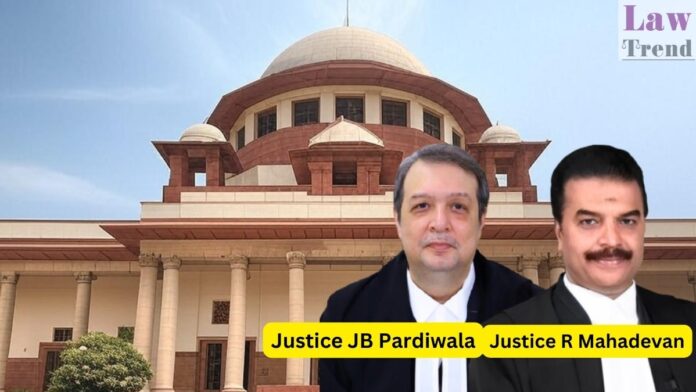The Supreme Court of India, in a significant judgment, has ruled that a suit for specific performance of an agreement to sell (ATS) is maintainable even without a specific prayer to declare the unilateral termination of the agreement as invalid, particularly when the contract is not “in its nature determinable”. Delivering the judgment in K.S.
To Read More Please Subscribe to VIP Membership for Unlimited Access to All the Articles, Download Available Copies of Judgments/Order, Acess to Central/State Bare Acts, Advertisement Free Content, Access to More than 4000 Legal Drafts( Readymade Editable Formats of Suits, Petitions, Writs, Legal Notices, Divorce Petitions, 138 Notices, Bail Applications etc.) in Hindi and English.




